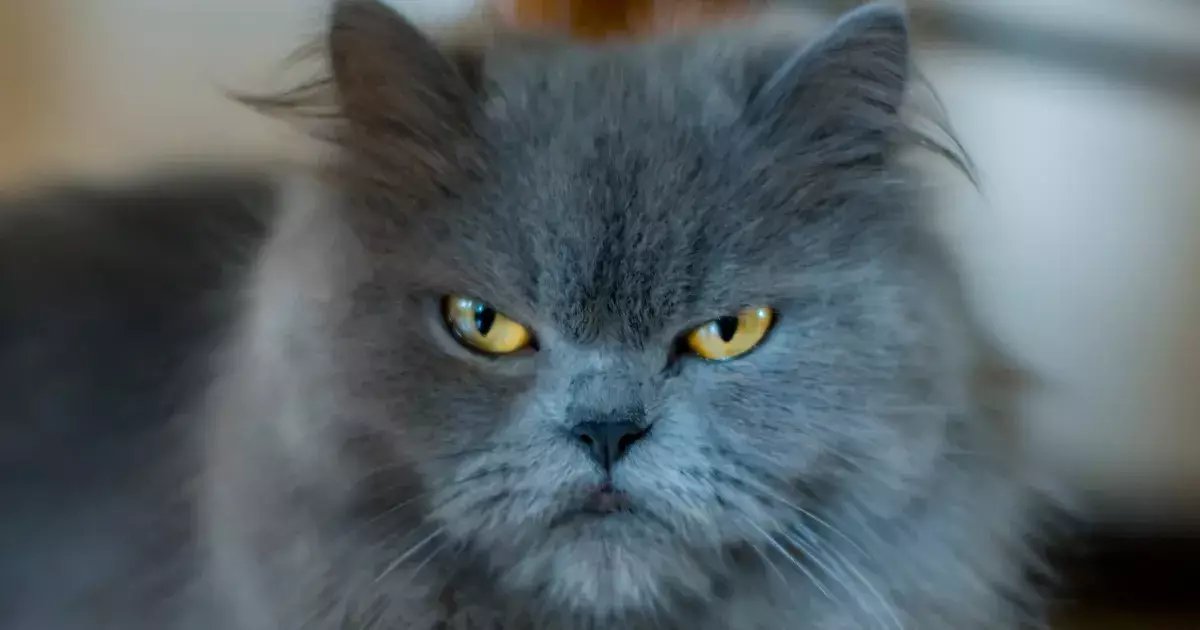Cats are often perceived as solitary and enigmatic creatures, exhibiting a range of behaviors that can leave their owners both amused and bewildered. However, beneath this aloof facade lies a complex emotional world where jealousy can emerge. This article delves into the phenomenon of jealousy in cats, examining the triggers, signs, and management techniques to cultivate a peaceful coexistence between felines and their human companions.
Though cats are renowned for their independence, they are also deeply emotional animals capable of forming strong bonds with their owners. These bonds create a sense of security, and any disruption can lead to feelings of jealousy. Common scenarios that provoke these feelings include:
1. **Introduction of New Pets**: One of the most significant changes in a cat’s environment occurs when another pet is introduced. Cats are territorial by nature and may perceive a new animal as a rival for attention and space, leading to feelings of inadequacy.
2. **Alterations in Routine**: Cats are creatures of habit; they thrive on predictability. Disruptions, such as changes in feeding times or play schedules, can evoke a sense of neglect. This emotional response can manifest as jealousy, especially if a new routine involves more attention being given to another pet or person.
3. **Presence of New People**: Whether it’s visitors or new family members, strangers entering a cat’s environment can create anxiety. Cats often attach deeply to their human caregivers, and newcomers can be perceived as threats to the affection and attention they previously enjoyed.
4. **Neglect of Attention**: All cats require a certain amount of affection and playtime. If your cat senses that your focus has shifted—whether because of a new job, relationship changes, or other distractions—they might react with jealousy, seeking to reclaim their rightful position in your life.
Understanding the signs of jealousy in cats is vital for addressing their emotional needs effectively. Cats may exhibit various behaviors, including:
– **Aggression**: Jealousy can provoke hostile reactions. A jealous cat may hiss, growl, or even engage in physical altercations with the perceived rival, which could be another pet or even a human.
– **Attention-Seeking Behaviors**: A cat feeling insecure may resort to intense efforts to regain your attention. This can include rubbing against you, persistent vocalizing, or other demanding behaviors that signal their need for reassurance.
– **Territorial Marking**: Some cats might cope with jealousy by marking their territory with urine. This behavior serves as a declaration of their presence and seeks to reaffirm ownership over you and the household.
– **Withdrawal**: In contrast, some cats may choose to retreat and isolate themselves. Recognizing this behavior is crucial, as it may indicate that the cat feels overwhelmed and anxious.
While a jealous cat can be a challenge, several strategies can help mitigate these feelings, creating a loving and secure environment for your pet:
1. **Maintain Consistency**: Keeping a consistent daily routine for feeding, playtime, and affection is vital. Regularly scheduled bonding time can reassure your cat that they remain prioritized in your life.
2. **Gradual Introductions**: Whenever you introduce a new pet or a family member, do so in a manner that allows your cat to adjust slowly. Creating separate areas for each pet can provide them with a sense of security while they acclimate to their new environment.
3. **Environment Enrichment**: Cats require mental and physical stimulation. Provide interactive toys and scratching posts, and create vertical spaces that allow your cat to explore and engage with their environment, reducing feelings of boredom and jealousy.
4. **Positive Reinforcement**: Instead of focusing solely on negative behaviors associated with jealousy, encourage positive behavior through rewards. Use treats, praise, and play as means to reinforce calmness and contentment.
5. **Seek Professional Help**: If feelings of jealousy lead to extreme behavior, consulting a veterinarian or animal behaviorist may be necessary. Professional guidance can help tailor strategies specifically to your cat’s personality and situation.
While jealousy in cats can be challenging for both the feline and their human companions, understanding and addressing this emotion is essential for a harmonious relationship. By recognizing triggers, identifying signs, and applying practical strategies, you can help your cat feel secure and valued. Nurturing an environment of love and stability fosters well-being for both you and your beloved pet, ensuring that jealousy does not compromise your bond. With patience and dedication, you can turn a jealous situation into a nurturing opportunity for growth and connection.
